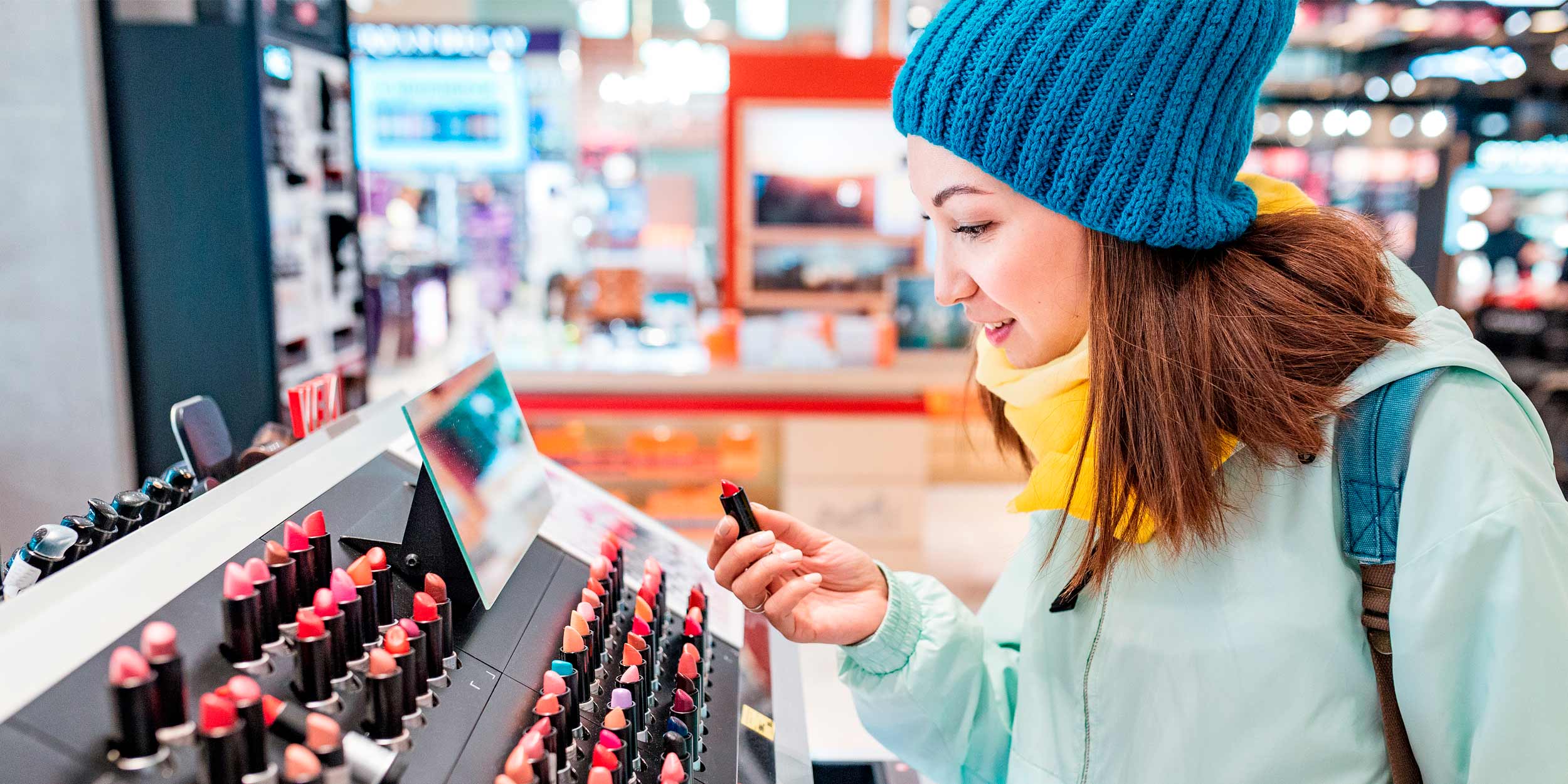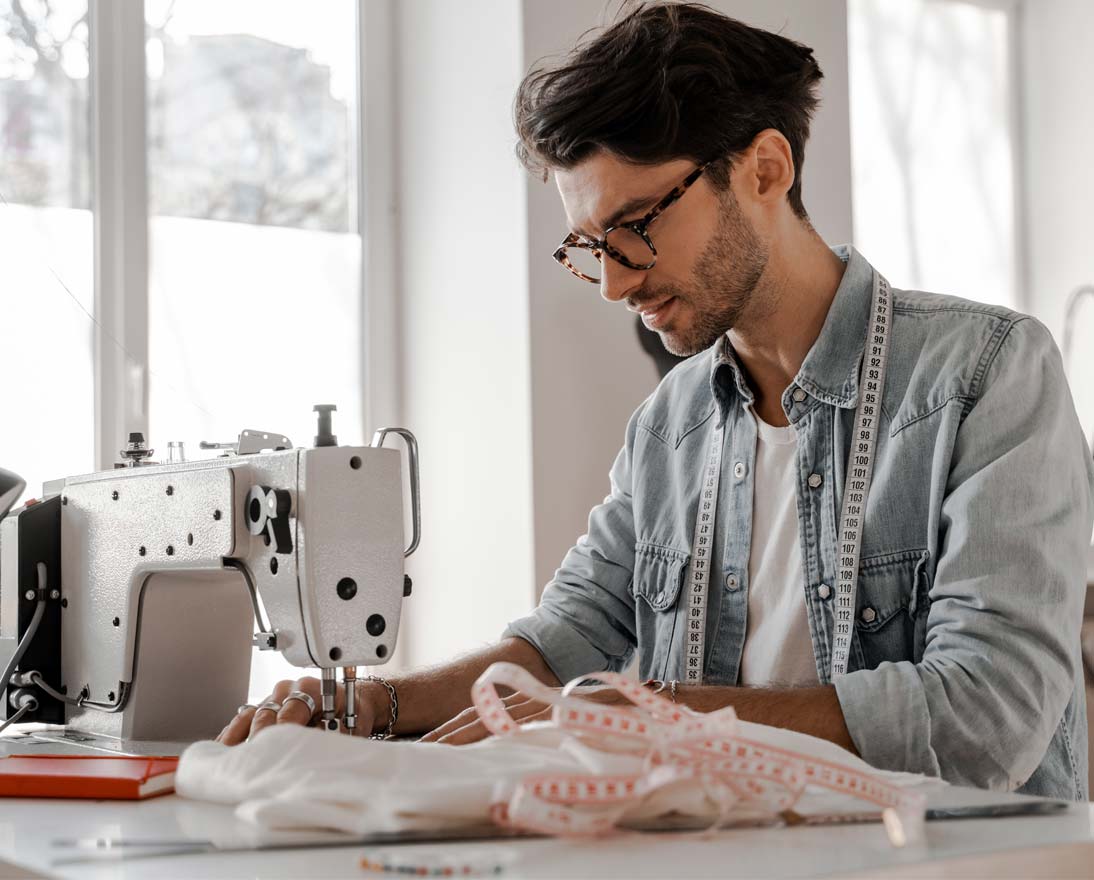Leaders with Lacqua Goes Green: Nicolas Hieronimus, CEO of L'Oréal
Climate resilienceArticleNovember 16, 20235 min read
The greening of the beauty industry will be a story of cooperation across the entire value chain, says CEO of L'Oréal Nicolas Hieronimus. Watch this episode of Leaders with Lacqua Goes Green, sponsored by Zurich Insurance Group.
Every industry needs to play its part to limit global warming and the impacts of climate change. And the beauty sector is no exception.
For Nicolas Hieronimus, CEO of L'Oréal, the beauty industry’s path to sustainability relies on connection, ingenuity, and cooperation between every stakeholder in the value chain. As he explained in an interview with Francine Lacqua for Bloomberg: “I believe in human creativity and innovation; that will provide us with solutions.”
L’Oréal’s sustainable journey began over 20 years ago. “We started working on sustainability topics in the early 2000s. We had our first Sharing Beauty With All program in 2013, and that led us to reduce our CO2 emissions by 90 percent whilst increasing our production by 45 percent.”
For L’Oréal, achieving greater sustainability hinges not only on decoupling emissions from growth, but also encouraging other stakeholders to play their part too. “We are of course enticing and stimulating our suppliers, who also need to do their sustainability transformations, to do it as fast as possible because they are [part of] our impact.”
Consumers also have a role to play in making the beauty industry more sustainable. Fortunately, sustainability is a key consideration among beauty consumers. About 90 percent consider sustainability when shopping for beauty products, and nearly one in five consumers believe a product’s sustainability information is more important than price when making a purchase decision.
Nicolas believes that big brands have a responsibility to steer customers towards more sustainable offerings. Regarding eco-friendly packaging, “the best way to reduce plastic is to convert as many consumers as possible to refills,” he says. “We are also launching products which are non-rinse to reduce water consumption. And in our advertising [we are] trying to convince consumers to reduce their water consumption.”
Don’t greenwash the facewash
There are many sustainability levers for the beauty industry to pull, but there are challenges to overcome too. Sticking with packaging, Hieronimus explains how a company’s bold ambitions need to be tempered with reality. “We’ve committed to have 100 percent recycled plastic by 2030 [but] today the availability of recycled plastic is not big enough for us to transform everything,” he says, which is why L'Oréal is co-investing with other industry leaders to funnel more plastic waste into their recycling schemes.
The risks of climate inaction are great, but so are the risks of putting a foot wrong in the sustainability spotlight. “Young generations pay more attention to sustainability and so they are looking at brands that are greener. But you have to make sure you’re authentic because they hate greenwashing,” Hieronimus says.
Combine this with an enduring demand for high quality products and the margin for error grows slimmer. Consumers, Hieronimus says, “will never sacrifice product quality and efficacy to sustainability.” It’s therefore crucial for their future that brands create products which meet consumer expectations. “I think that in the future, if you talk about competition, the winners will be … those who can create products that are green, effective and safe.”
Small companies, big challenges
The scale of these challenges is multiplied for smaller brands who might lack the resources, expertise or influence to have big impacts on the beauty industry. The availability of sustainable materials and complex consumer preferences are difficult barriers for small companies to overcome; but so too are regulatory barriers and the need for greater transparency and traceability in supply chains. Climate risks pose growing threats to business operations, including supply chains, making it increasingly important for brands of all sizes to take a holistic risk management perspective to embed resilience.
Understanding a company’s position in its industry is crucial for determining impact across multiple stakeholders, and this is where pan-industry cooperation comes into its own. Large companies like L'Oréal can use their influence to make sweeping changes which enable smaller brands to green their own corners of the industry, which cumulatively advances progress for everyone.
The science of beauty
One way L'Oréal is leveraging its influence is its membership of the EcoBeautyScore consortium, a global forum of over 70 industry stakeholders working to empower consumers to play their part in the greening of the beauty industry. The consortium's two main deliverables are a science-based environmental impact assessment and a unified scoring mechanism for products, both of which will be internationally recognized and help consumers to make more sustainable choices.
Hieronimus is optimistic about the beauty industry’s role in fighting climate change: “I like when we as an industry not only make people look good and feel better, but also [when] we work together to have a positive impact on the planet.”
Watch the full episode for more insights which was first aired on September 21, 2023, on Bloomberg.com.
Climate Resilience
Our Climate Resilience experts help you identify and manage climate risks, and prepare you for climate reporting.



